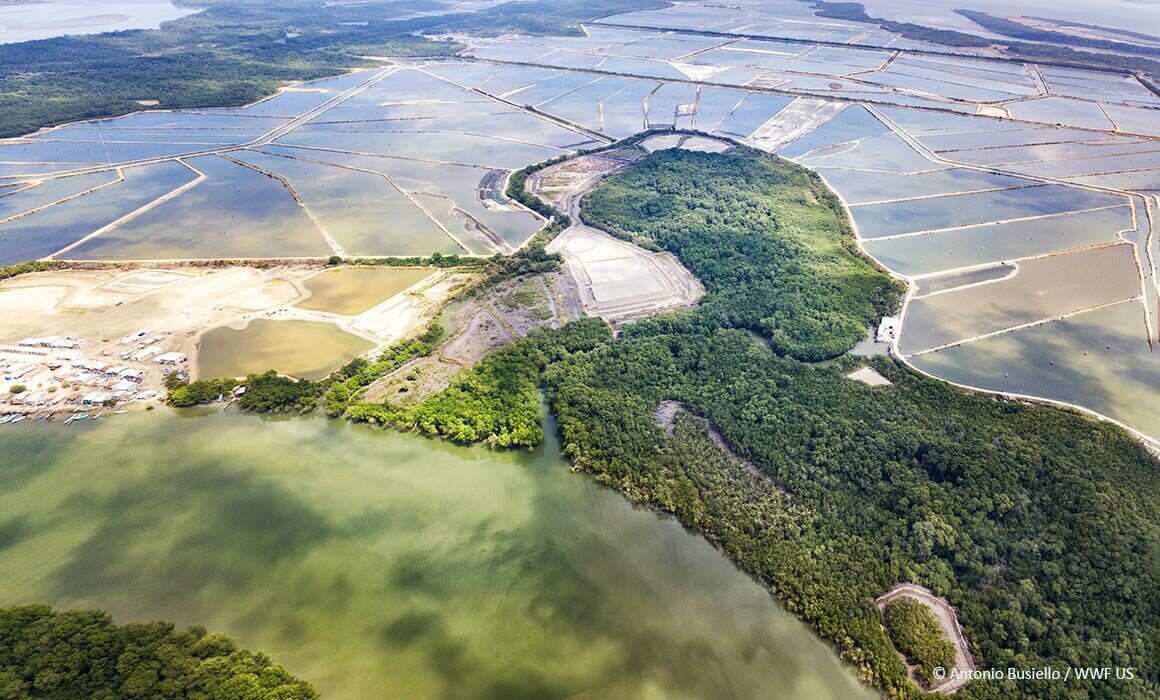Three years into Marine Stewardship Council (MSC) certification, The Bahamas lobster fishery reports greater resilience, increased local awareness, and reinforced collaboration. The fishery continues to harness the benefits of this important milestone to help preserve its classic turquoise coastline, thriving corals and seagrasses, and colorful marine species that are the staples of this paradisiac Caribbean archipelago.
“Despite the pandemic hardship, the fishery was able to maintain its international markets and continue to support well-needed livelihoods for the fishing community”, explains Mia Isaacs, President of The Bahamas Marine Exporters Association (BMEA) which holds the MSC certificate and is a key actor in helping the fishery achieve certification. “We can clearly see the positive impact of MSC certification across stakeholders, fishers, and partners that work together more effectively and are more aware of the importance of sustainable fishing practices”, she adds.













